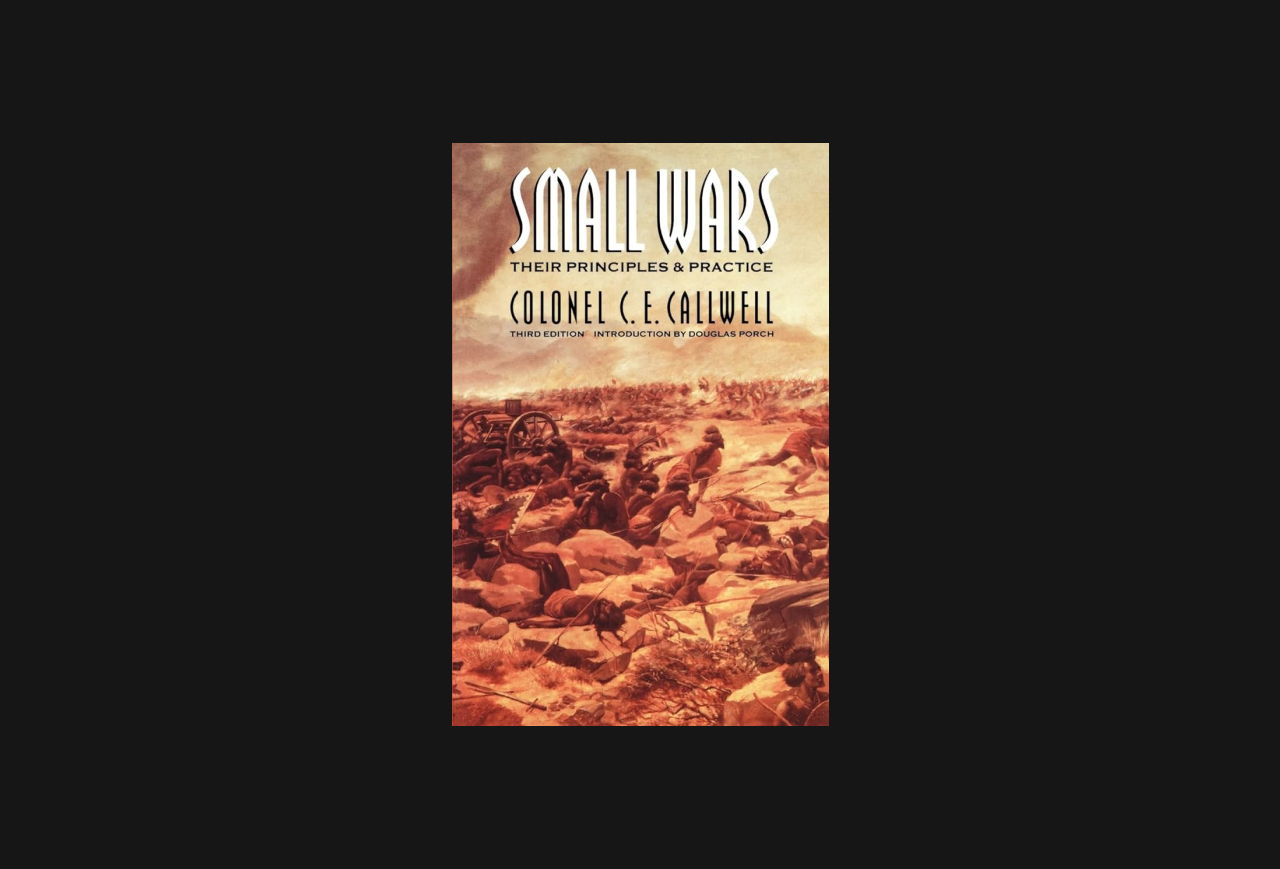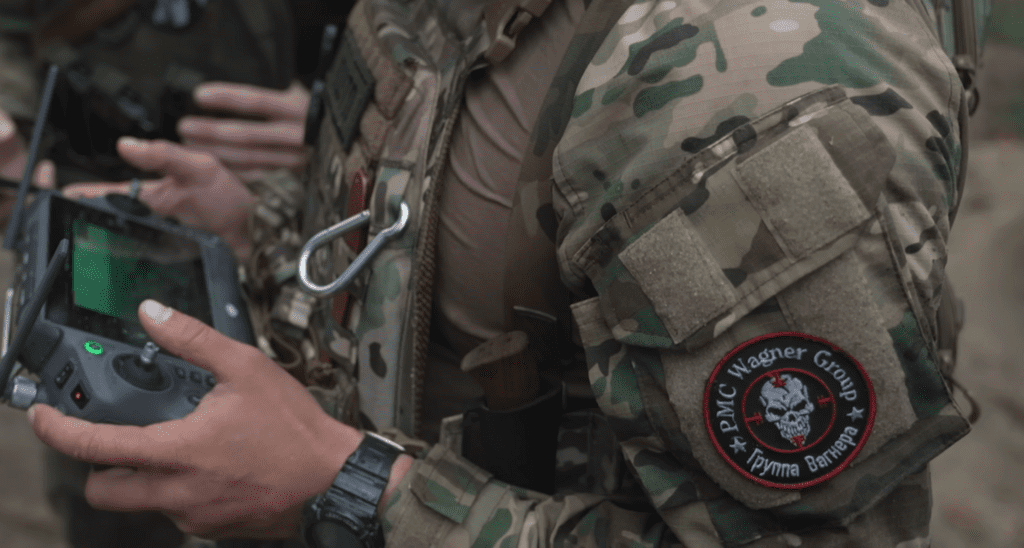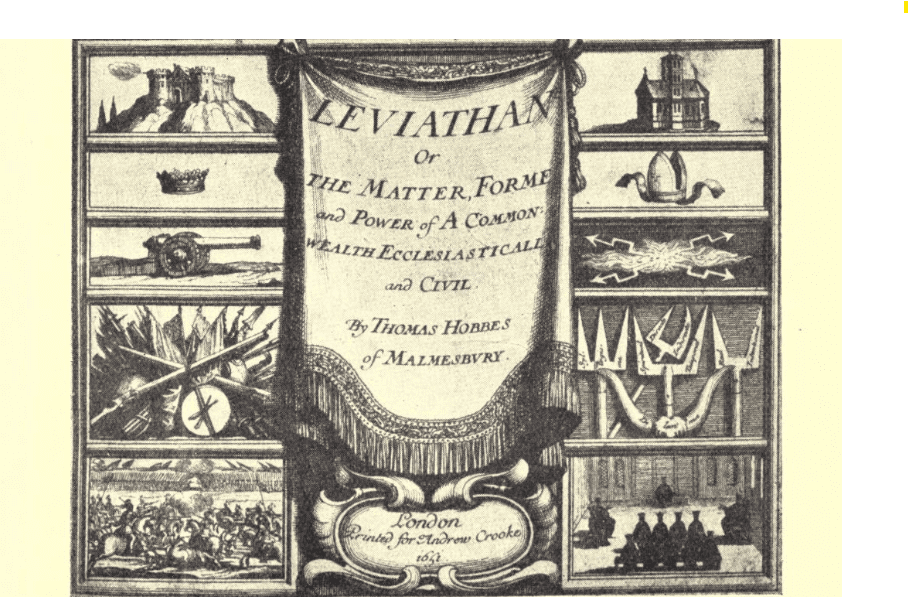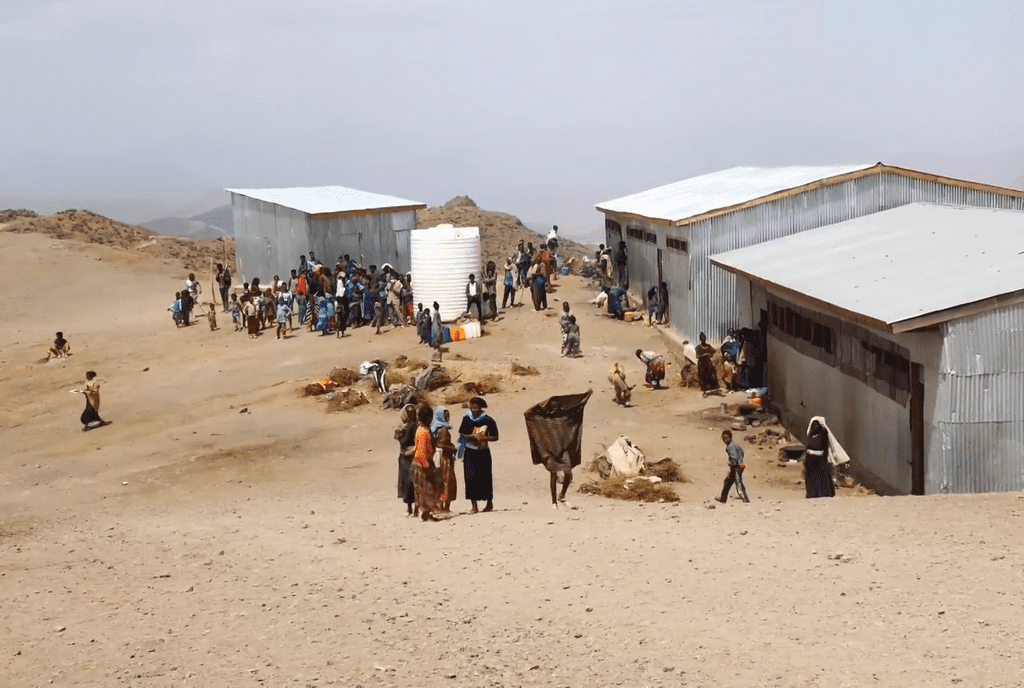In his 1906 Handbook for Small Wars, Colonel Sir Charles Callwell advised his fellow British officers that colonial operations would likely involve confiscating cattle and burning villages, ‘an aspect that may shock the humanitarian.’ He continues:
The most satisfactory way of bringing such [native] foes to reason is by the rifle and the sward, for they understand this mode of warfare and respect it. Sometimes, however, the circumstances do not admit of it, and then their villages must be demolished and their crops and granaries destroyed.
Callwell also emphasized what he called the ‘moral’ aspect of warfare, by which he meant demoralizing the enemy by destroying their most prized cultural or religious items.
Callwell’s practices were implemented across the empire. In 1951, Sir Harold Briggs, director of ‘anti-bandit activities’ in Malaya, launched ‘Operation Starvation’. The Briggs plan, including rigorous control of all food items and the forced relocation of villagers, is still hailed by British and American security analysts as a model of successful counter-insurgency.
In 1964, Colonel Roger Trinquier, advisor to the French war efforts in Vietnam and Algeria, published his book Modern Warfare. He wrote that it was necessary for the colonial power to ‘make the ground unsuitable’ for the anti-colonial guerrilla:
Anything that could facilitate the existence of the guerillas in any way, or which could conceivably be used by them – depots, shelters, caches, food crops, houses, etc. – must be systematically destroyed or brought in. All inhabitants and livestock must be evacuated from the [guerrillas’] refuge area. When they leave, the intervention troops must not only have destroyed the [guerrilla] bands, but must leave behind them an area empty of all resources and absolutely uninhabitable.



